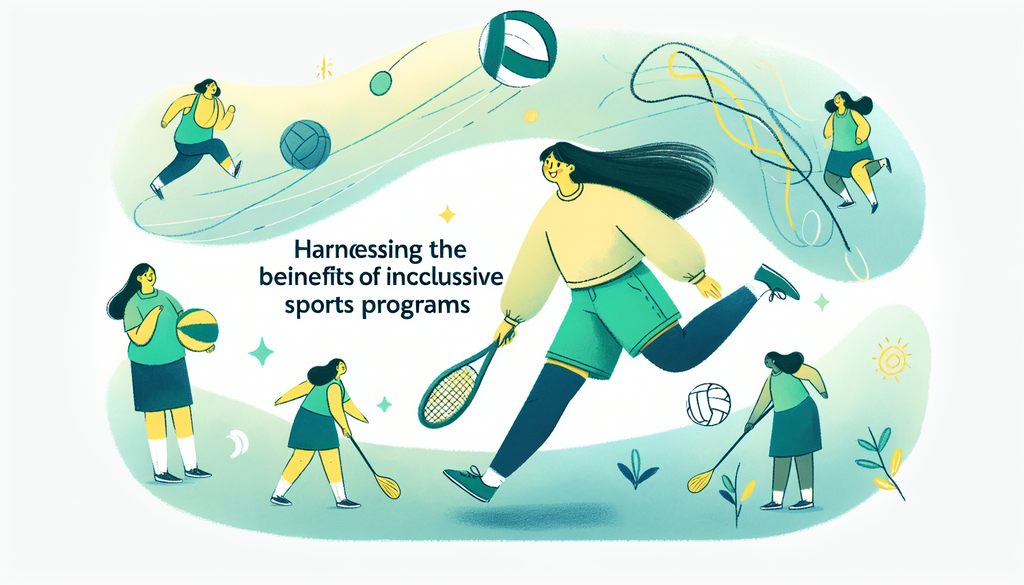Harnessing the Benefits of Inclusive Sports Programs

With a substantial movement towards inclusion in schools – both academically and socially, failure to include all children in sports and physical activities presents a significant missed opportunity. After all, the benefits of sports and physical activities extend beyond health; they can play a crucial role in improving social skills, emotional well-being, and an overall sense of belonging in children, including those with special needs.
Inclusive Sports Improve Physical Health
For children with disabilities, participation in inclusive sports helps improve functionality and coordination, increases endurance and stamina, and reduces obesity. A review by the American Academy of Pediatrics shows that children with disabilities often have lower levels of fitness, proportionally more body fat and may be more likely to live sedentary lives compared to their peers. A sports program, tailored to accommodate their capabilities, can radically improve their physical health and instill lifelong fitness habits. For more thoughts on physical activities, read our post - The Role of Physical Activity in Special Education.
Enhancing Social Skills
Children with special needs or those identified as gifted can face social challenges. Inclusive sports provides a setting where they can communicate, work in teams, and build relationships with a diverse group of peers. Check out our post - Building Bridges: Social Skills for Children on the Autism Spectrum for more ideas on boosting social skills.
Building Self Esteem and Confidence
Sports put children in a position where they can succeed, fail, and learn to try again, fostering resilience – a trait significantly correlated with overall well-being. Inclusive sports, in particular, let children recognize their capabilities – an enormous boost to their self-esteem. This is particularly vital for children who may have been excluded from popular sports due to physical or cognitive disabilities.
Evolving Perceptions
Inclusive sports create an opportunity for children without disabilities to interact with their peers who have special needs. These interactions can dispel some of the misconceptions and stigma associated with disabilities, fostering empathy and understanding.
When it comes to harnessing the benefits of inclusive sports, it’s important to ensure that the program is genuinely inclusive and that children with special needs can fully participate. This is where parents must advocate for their children, pushing for more than just mere accommodation, but for an environment where their children can thrive. Browse through our discussion on Beyond Accommodations: Advocacy for Inclusive Education.
While we have primarily discussed inclusive sports programs in this blog, remember that not all children are inclined towards sporty activities. The principal goal is to promote engagement, physical activity, and social interaction. So, if your child loves painting more than throwing a ball, encourage that. Our post - Art Therapy: A Canvas for Special Needs Expression offers some great insights on how art can provide a fantastic platform for children with various special needs to express themselves.
Embrace your child’s unique abilities, promote inclusivity, and provide them with opportunities to be active, socialize, and have fun. A society where everyone plays and grows together is, indeed, a healthy one.